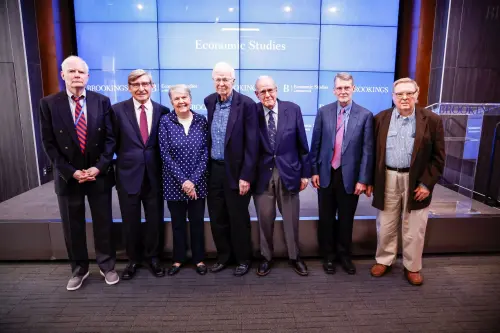

Research
BPEA | Spring 2011


Spring 2011
This paper presents findings from a survey of 6,025 unemployed
workers who were interviewed every week for up to 24 weeks in the fall of
2009 and winter of 2010. We find that the amount of time devoted to job
search declines sharply over the spell of unemployment; we do not observe a
rise in job search or job finding around the time that extended unemployment
insurance (UI) benefits expire. The workers in our survey express much dissatisfaction
and unhappiness with their lives, and their unhappiness rises the
longer they are unemployed. The unemployed appear to be particularly sad
during episodes of job search, and they report feeling more sad during job
search the longer they are unemployed. We also find that in the aftermath of the
Great Recession the exit rate from unemployment was low at all durations and
declined gradually over the spell of unemployment. Both the amount of time
devoted to job search and the reservation wage help predict early exit from UI.